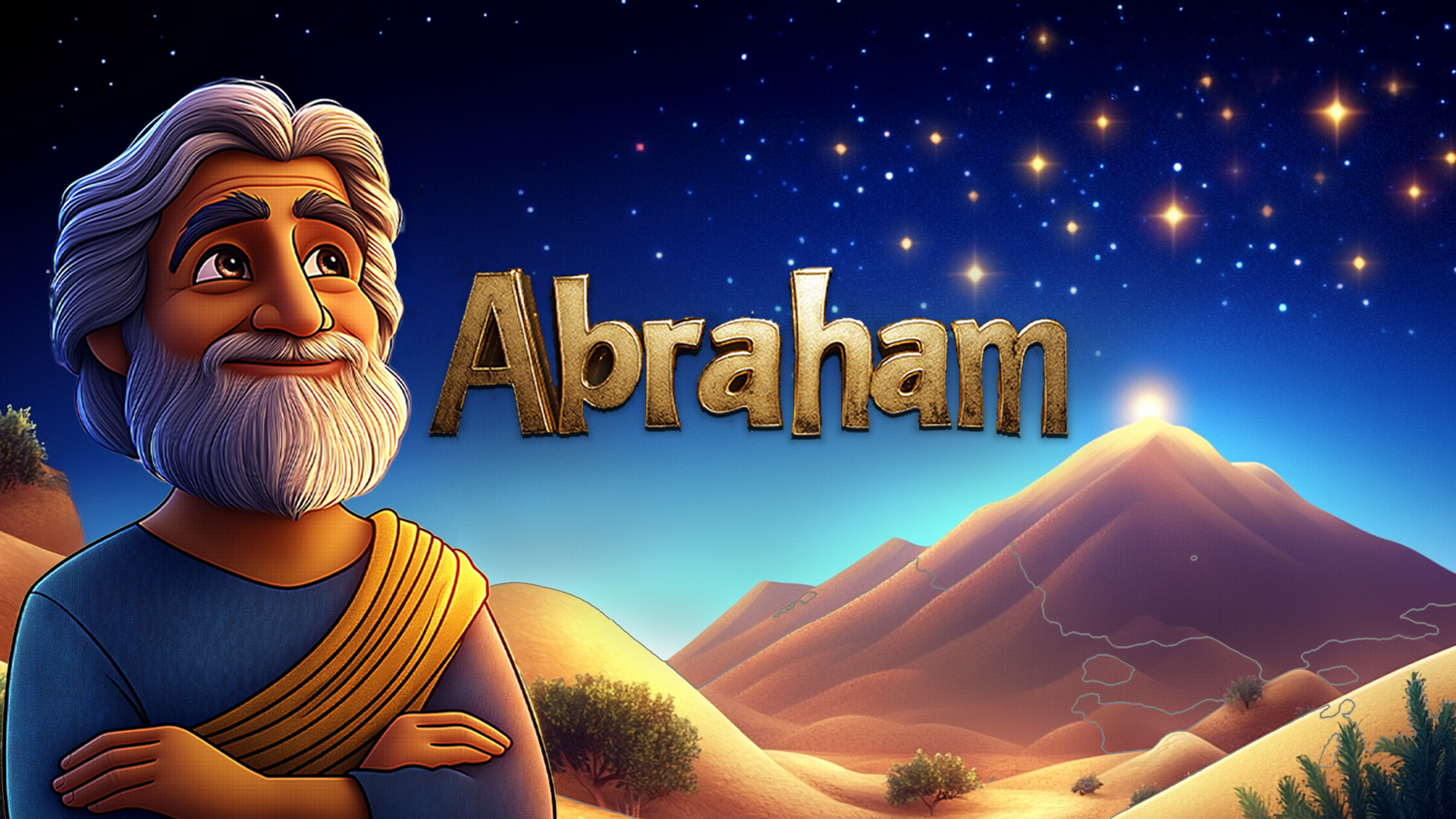The Legacy We Leave
READ
When we refer to the ancestral father of Israel, we call him “Abraham.” But before God established His covenant with Abraham, he was named “Abram.” When Abram was confronted with God’s power and unfailing love, everything about him changed. When we have an authentic encounter with God, we undergo a fundamental transformation. Our identity no longer rests in our reputation or performance. Instead, God’s faithful love becomes the source of our identity. The legacy we leave behind is no longer defined by what we’ve achieved or produced, but by what God has done in, through, and for us. Our lives no longer serve as a testament to our own goodness, but to the steadfast love of an Almighty God.
Let’s take a moment to read Genesis 17:1-5:
When Abram was ninety-nine years old, the LORD appeared to him and said, “I am El-Shaddai—‘God Almighty.’ Serve me faithfully and live a blameless life. I will make a covenant with you, by which I will guarantee to give you countless descendants.” At this, Abram fell face down on the ground. Then God said to him, “This is my covenant with you: I will make you the father of a multitude of nations! What’s more, I am changing your name. It will no longer be Abram. Instead, you will be called Abraham, for you will be the father of many nations.
REFLECT
Though he was esteemed as the recipient of God’s first covenant, Abram was a deeply broken person, just like you and me. All Abram wanted was a son, someone who would carry on his legacy after he passed. He was willing to scheme and harm those he loved most in order to get what he desired, rather than waiting patiently for God to give him what he longed for.
Part of Abram’s urgency to have a son may have been due to the pressure to live up to his name—which translates to “exalted father.” When Abram finally had Ishmael, he was 86 years old. Up until that point, his name probably felt like a cruel joke. I can imagine how angry he must’ve been with God. How could the Lord allow His servant to have such a name, then give him a barren wife? No wonder Abram took matters into his own hands. Abram impregnated his servant, Hagar, who bore him his first son, Ishmael. He was unfaithful to his wife, Sarai, in order to get what he wanted according to his timing. What’s worse, Abram allowed Sarai to abuse and banish Hagar, fueled by her jealousy and rage.
But despite Abram’s immoral actions and lack of trust, God chose to use him to bless generations upon generations of people. From the beginning, God’s covenant with His people was not dependent on their moral perfection, but His lavish grace. Abram was blessed abundantly, not because he was righteous, but because God is merciful beyond measure. God used Abraham’s family line to bring our Savior to earth. Abraham did not merit such a privilege. But God chose to use him anyway.
God gave Abram a chance to start over. He called him to recommit his life to something bigger than himself. In Hebrew, the word for “name” also translates to “reputation” or “glory.” By renaming Abram, God offered him an opportunity to leave behind a new and better legacy than the one he wanted for himself. God renamed Abram “Abraham,” meaning “father of many nations.” Abraham’s life no longer had to be about his success or failure to build his own family—now, his life would be about building up God’s family. In His mercy, God extended Abram an offer: rather than striving to be the “exalted father” of his own household, he could be the forefather of a family of diverse peoples, all unified under the Name of the Most High. All that was required of him was a willingness to accept God’s grace. This new role would lead Abraham to a life that served God’s eternal purposes, rather than the temporal goals he had in mind.
We can learn rich lessons from Abraham’s story. In light of all God has done for us, we need to undergo a radical transformation, just as Abram did. Rather than hustling to secure our legacy through our own efforts, we can offer our lives to God and allow Him to continue His legacy through us. We have the opportunity to live for something bigger than ourselves. Rather than being crushed under the pressure to make something of our own name, we can let God make His Name great through our surrendered lives.
RESPOND
Take a moment to process what God might be leading you to do in light of what you read.
What kind of legacy do you want to leave behind? How do you want to be remembered?
Do you seek your own glory, or God’s? Are you more invested in your own family, or His?
REST
Take a moment to rest in God’s presence and consider one thing you can take away from your time reading, then close your devotional experience by praying:
God, thank You for using me, Your broken servant, to glorify Your Name and build up Your Kingdom. Help me to make my life about making You great, rather than securing my own legacy or reputation. Change my name and my heart so that I am focused solely on spreading Your good news to the ends of the earth. Let me live for You, rather than myself. I love You, and I thank You. Amen.
Port City writer Kate Redenbaugh wrote today’s devotional.

